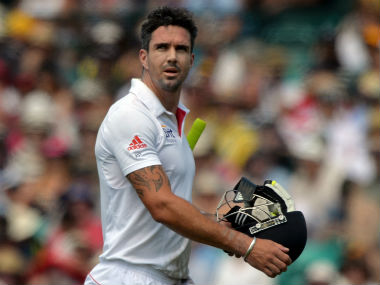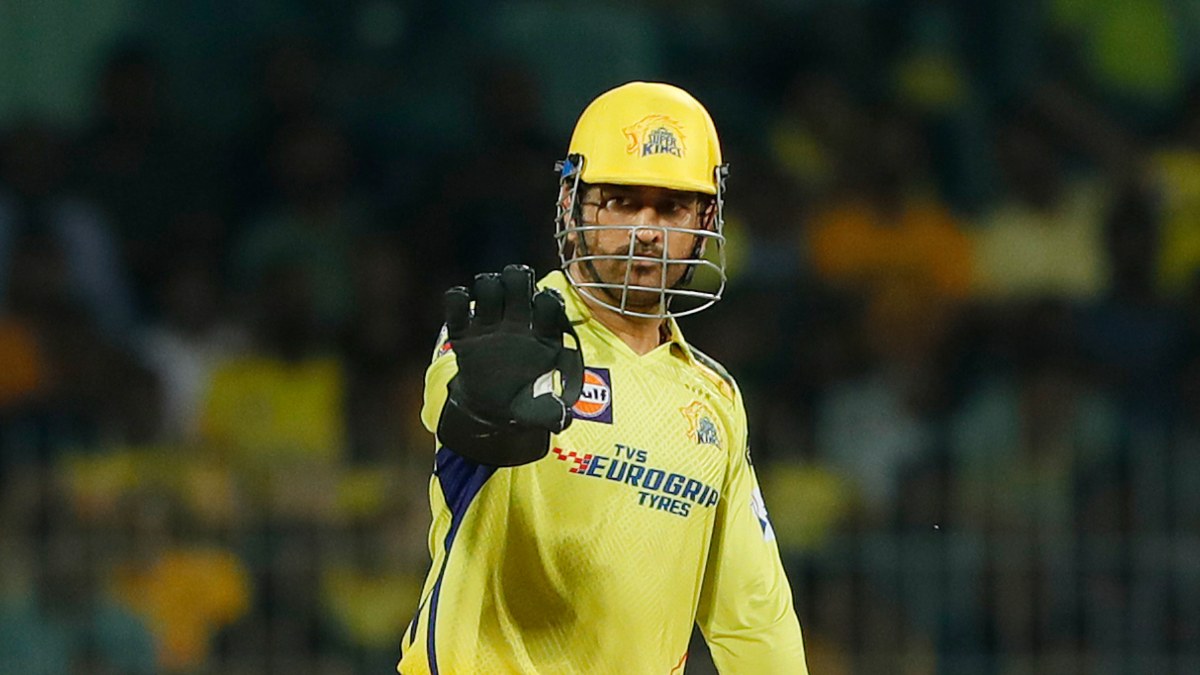Things should have been different.
Kevin Pietersen says he is done with professional cricket and his final innings brought him seven runs in a near empty stadium in Sharjah. If this is the end, it has come with something of a whimper. It is a ground that has a lot of history but has seen better days. He was playing for the Quetta Gladiators in the Pakistan Super League (PSL), one of the many Twenty20 cricket tournaments that have been born and grown during Pietersen’s 20-year professional career.
Pietersen is the second highest all-format run scorer for England, with only Alastair Cook ahead of him. While Cook has been England’s best Test batsman for the last decade, Pietersen has succeeded in Tests, ODIs as well as T20 internationals. From his England debut in 2004 until his final Test in 2014, Pietersen was never out of the headlines — for all the right reasons as well as the wrong ones.
“Speaking truth to power” is something people often say is a positive trait. Pietersen would do this often and it rarely worked out well for him. Whilst captain, he argued that Peter Moores was the wrong man to coach England. As a result, Moores was fired, and Pietersen was rewarded with losing the captaincy as well.
He was one of the first England cricketers to embrace the Indian Premier League (IPL), playing his first season in 2009. His cricket board was not happy with this, and his insistence of the good that the IPL could do for players, both on and off the field, fell on deaf ears. A decade later and the England management now have the same view and happily give permission to players take part in the biggest T20 tournament of them all.
Pietersen found himself in hot water when he sent a tweet expressing his disappointment at being left out of the white ball squads. “Done for rest of summer!! Man of the World Cup T20, and dropped from the T20 side too. It’s a fuck-up …” he wrote. Again, he was probably right. While it may have been justifiable to leave him out of the ODI side, there is no way he should have been dropped from the T20 team.
When I was a young boy, my father told me that it was rarely what you said that was the problem; rather, it was how you said it. The most devastating rebuke can be seen as a kind word to someone else’s benefit if you phrase it right. There is always the danger of being a cod-psychologist when discussing such things, but from afar you couldn’t help but wonder if Pietersen’s problem was one of bluntness rather than the message being incorrect. He has rarely been wrong, but he has often ended up on the wrong side of history.
Then again, would he have been the player he was if he did not have this self-belief? Would he have arrived in the national team as a recently English qualified 24-year old and make three fifties and three hundreds in his first 10 ODIs? Would he have played a brilliant counter-attacking knock at the Oval against a rampant Shane Warne to secure England the Ashes in 2005?
Pietersen’s refusal to back down was one of his greatest traits as a batsman, his critics would say his refusal to back down in life in general was one of his greatest flaws. Those same detractors would argue that while he was producing match-winning performances he would be tolerated, and once he wasn’t the force that he was, he was discarded.
It was pointed out that Pietersen had left a trail of broken relationships behind him everywhere he had gone and that it would be better for the team for him to be moved on. The ham-fisted way that his sacking from the England team — and that is what it was, he wasn’t dropped — was nothing short of a disaster. There is very little to suggest his removal made anything any difference, other than alienating a large section of England’s fan base.
The 2013-14 Ashes was an excoriating experience for the England team and their fans. A 5-0 defeat to an Australian side they have soundly beaten 3-0 just a matter of months earlier had a devastating effect on that group of players. Graeme Swann decided he couldn’t go on, Jonathan Trott had left the tour early, by the Sydney Test it was a total shambles with Scott Borthwick and Boyd Rankin getting debuts they weren’t ready for.
Any number of people could have carried the can for that failure, not least Andy Flower who as coach had overseen the disintegration of a team that had been the best in the world. Instead it was Pietersen who was scapegoated. While it would be foolish to say he was blameless, he was certainly undeserving of the briefing against him to the press and the demonisation as the single biggest reason for the 2013-14 disaster. Even less so when you consider that he was the leading run-scorer in that series.
There was a moment when we thought he could have made a comeback. England were awful in the summer of 2014 and the calls for Pietersen’s reinstatement were getting louder and louder. Colin Graves, the ECB Chairman, open the door just a crack. He said Pietersen needed to play County Cricket for someone. “If he does that and then comes out and scores a lot of runs they can’t ignore him I would have thought. But that is up to him. You can’t pick someone when he is not playing,” Graves said.
So Pietersen did just that. He didn’t go to the IPL and played for Surrey instead. Pietersen has always been the master of the “f**k you” innings. Remember the amazing hundred he made at Headingley against South Africa just before he was dropped for allegedly sending messages to the opposition team. So he strode out at the Oval and made 355 not out against Leicestershire. It wasn’t enough to earn a recall, but then his dropping was never about runs.
With the England door formerly closed on him, he was left with the option to play cricket as a freelancer. He went to the Caribbean Premier League in the summer of 2015, he had one last season of IPL for the Rising Pune Supergiants, he played for the Melbourne Stars at the Big Bash. And finally, he scored seven runs in his final innings batting for the Quetta Gladiators in Sharjah.
Few cricketers have entertained us in the way Pietersen has, and there is no doubt that he was the most exciting English batsman of his generation. It could even be argued that he was the greatest.
That his career ended in the UAE in front of empty seats instead of at the Oval in front of a sell-out crowd in a Test match represents a failure of the England team management, and as much as it pains me to say, a failure by Pietersen himself.
Things should have been different.


)




)
)
)
)
)
)
)
)